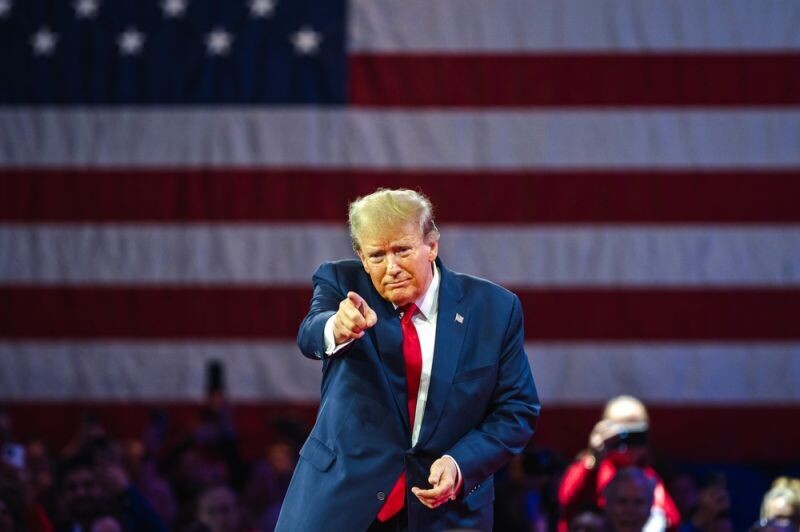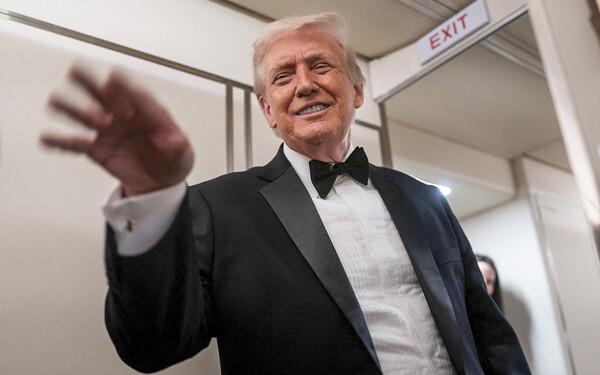
The beginning of Donald Trump's second term as President of the United States marks the start of a new phase for the market. It is expected that on his first day in office, the Republican will sign executive orders related to trade and energy issues. The enforcement of tariff policies, the review of trade treaties, and pressure on the Federal Reserve to cut rates are some of the actions anticipated, with an immediate international impact.
According to a report from Bull Market Brokers, Trump's return to power carries several risks that require a portfolio review. It is warned that in the two weeks following his inauguration, the president's decisions could generate significant movements in the financial markets.
"Trump in the first days will be very aggressive on sensitive market issues such as Tariffs for the whole world and focused on China, Mexico, Europe, and Canada," the broker alerts. It is recommended to monitor China's reaction to the imposition of tariffs, as well as the possible response from the Asian country with measures against American companies.
In addition to tariffs, Trump is expected to push for the depreciation of the dollar, promote oil drilling to increase domestic production and reduce fuel prices, and seek to reactivate manufacturing in the United States under the slogan 'Made in America.' These aspects will be key in the coming weeks when determining market movements.
Among the concrete measures estimated in the first two weeks of the Trump administration are the imposition of tariffs on Mexico, Canada, and China, support for oil and natural gas drilling, reduction of taxes for manufacturing companies, simplification of the federal tax system, and review of trade agreements such as the USMCA. All of this implies a significant change in economic and trade policies that will impact various sectors.
Regarding his plans for the economy, Trump has confirmed the imposition of tariffs of 25% on Mexico and Canada, and an additional tariff of 10% on Chinese products. These actions could jeopardize trade agreements such as the USMCA, affecting trade valued at $1.8 trillion.
On the other hand, his tense relationship with Jerome Powell raises concerns about possible interference in the formulation of monetary policies. Analysts at Bull Market indicate that Trump will propose an aggressive communication strategy to promote the reduction of interest rates, which could influence the Federal Reserve's decisions in the near future.














